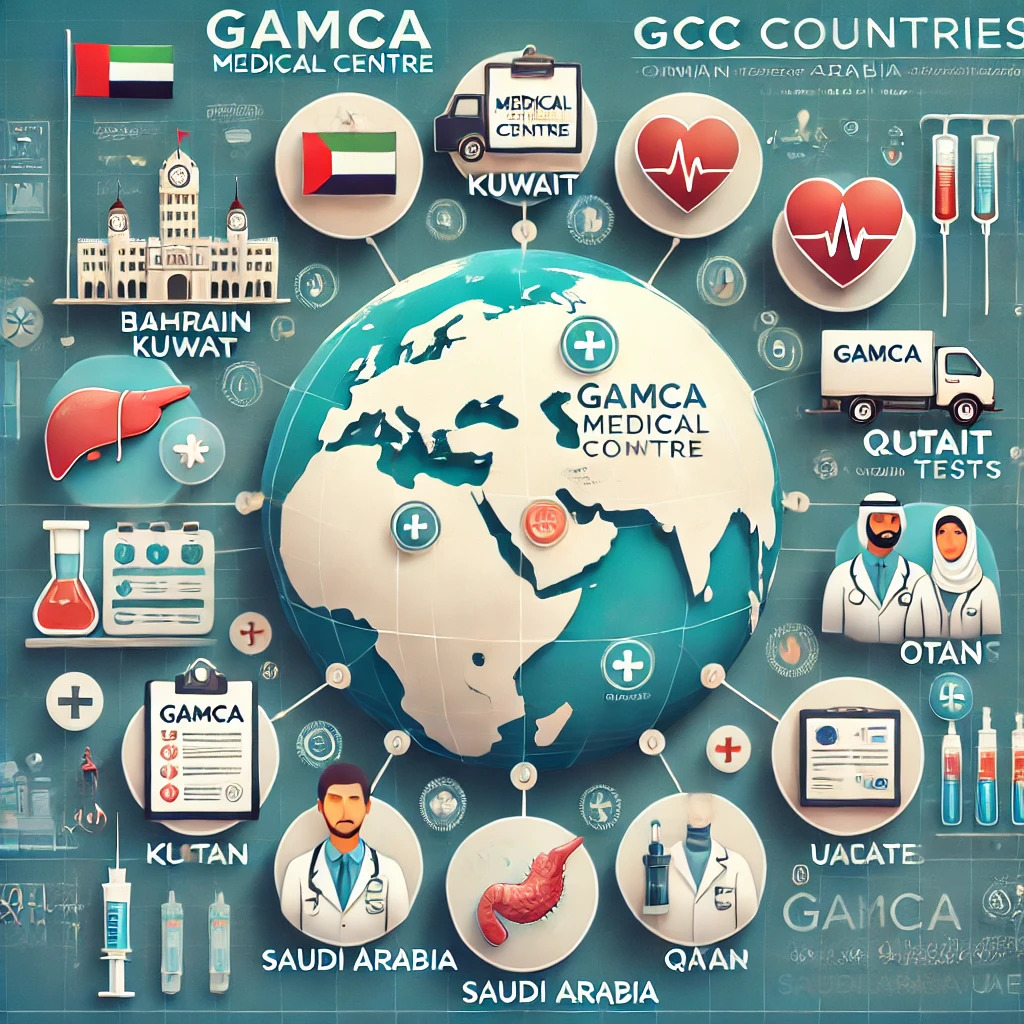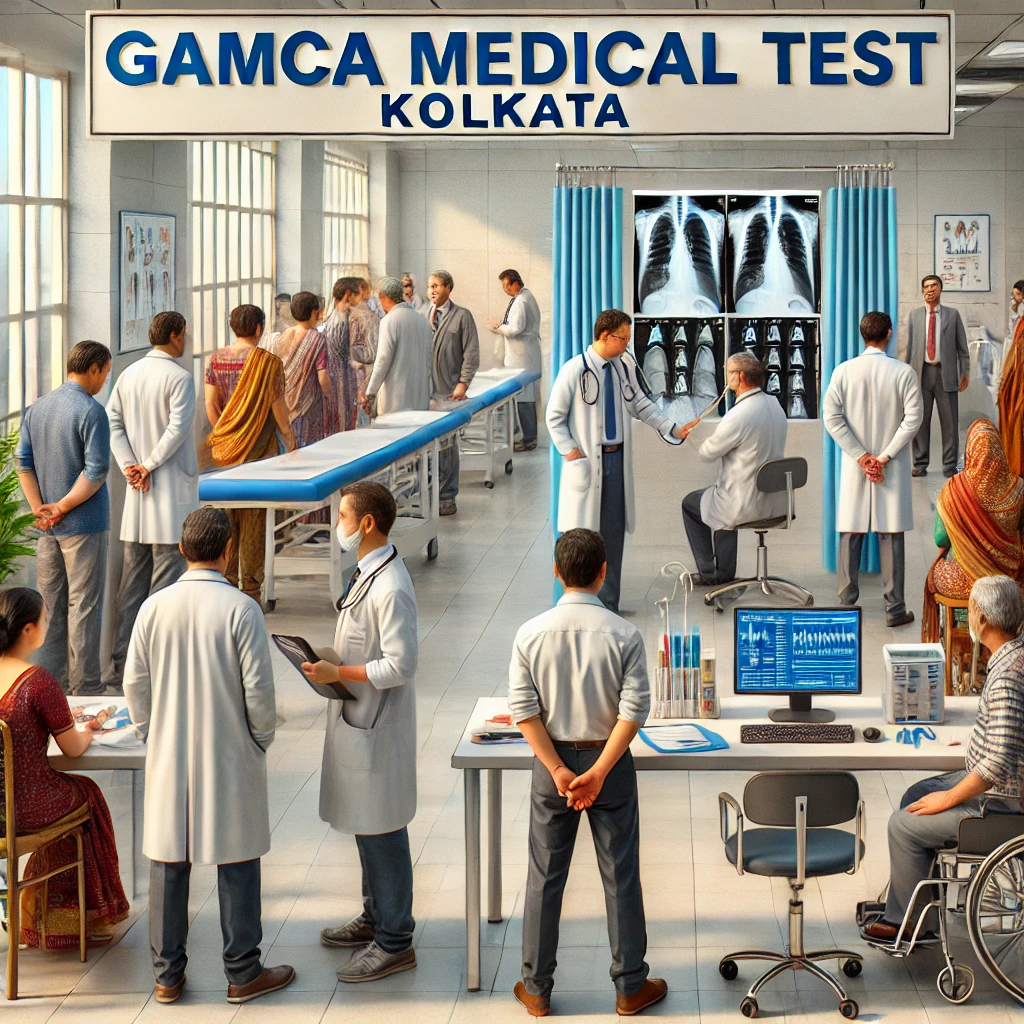Understanding the medical criteria of the Gulf Cooperation Council (GCC) countries, Bahrain, Kuwait, Oman, Qatar, Saudi Arabia, and the UAE is critical for anybody seeking to work or relocate there. While some nations follow comparable rules as GCC members, their medical examination methods differ slightly.
GAMCA Medical Test: A Common Requirement
The Gulf Approved Medical Centers Association (GAMCA) regulates medical screenings for those looking for work in the Gulf Cooperation Council countries. The goal is to ensure that new workers are clear of contagious diseases and physically fit for the job.
Common tests include:
- Screening for communicable diseases like tuberculosis, hepatitis, and HIV.
- A complete blood count to detect potential health issues.
- Physical examination for fitness evaluation.
Variations in Medical Requirements Across GCC Nations
Although the GAMCA medical test provides a unified framework, individual countries may have additional requirements:
- Saudi Arabia
Saudi Arabia requires stringent examinations, especially for infectious disorders. In some occupations, testing may also involve eyesight and psychological health assessments.
- UAE
The UAE’s rules are more concerned with public health safety. HIV and hepatitis tests are mandated, with certain exceptions for food handlers and healthcare personnel.
- Qatar
Qatar has strict laws for employees in industries such as healthcare and food. The country frequently conducts follow-up medical checks upon arrival to ensure fitness.
- Kuwait
Kuwait lays a strong focus on tuberculosis screening and chest X-rays. Workers in high-risk categories may face further testing.
- Oman
Oman’s medical standards are similar to those of other GCC nations, but specific testing may be required depending on the occupation.
- Bahrain
Bahrain requires extensive communicable disease testing, with a focus on ensuring a healthy workforce.
Consistency in Purpose but Differences in Execution
While the primary goal of ensuring public health remains constant, the execution of medical examinations can differ based on the host country’s healthcare policies and workforce requirements. For example:
- Some countries may demand retesting upon arrival.
- Specific roles, such as healthcare workers or food handlers, may face additional checks.
- Countries like Saudi Arabia have stricter criteria for certain nationalities.
Importance of GAMCA Medical Centres
To ease the procedure, GAMCA medical centres ensure that workers undergo standardized testing before travelling to GCC countries. Booking a GAMCA medical appointment in advance is critical for meeting visa processing deadlines.
Preparing for the Medical Test
To avoid delays or complications, prospective workers should:
- Understand the specific requirements of the destination country.
- Complete necessary vaccinations.
- Gather all required documentation, including prior medical records.
Final Thoughts
While GCC countries share many medical standards within the GAMCA framework, there are some subtle variances depending on national policies. Understanding these distinctions and planning accordingly allows a smooth transfer for people seeking opportunities in the region. Always check the exact medical requirements for your destination and seek accurate advice from a GAMCA-approved institution.




